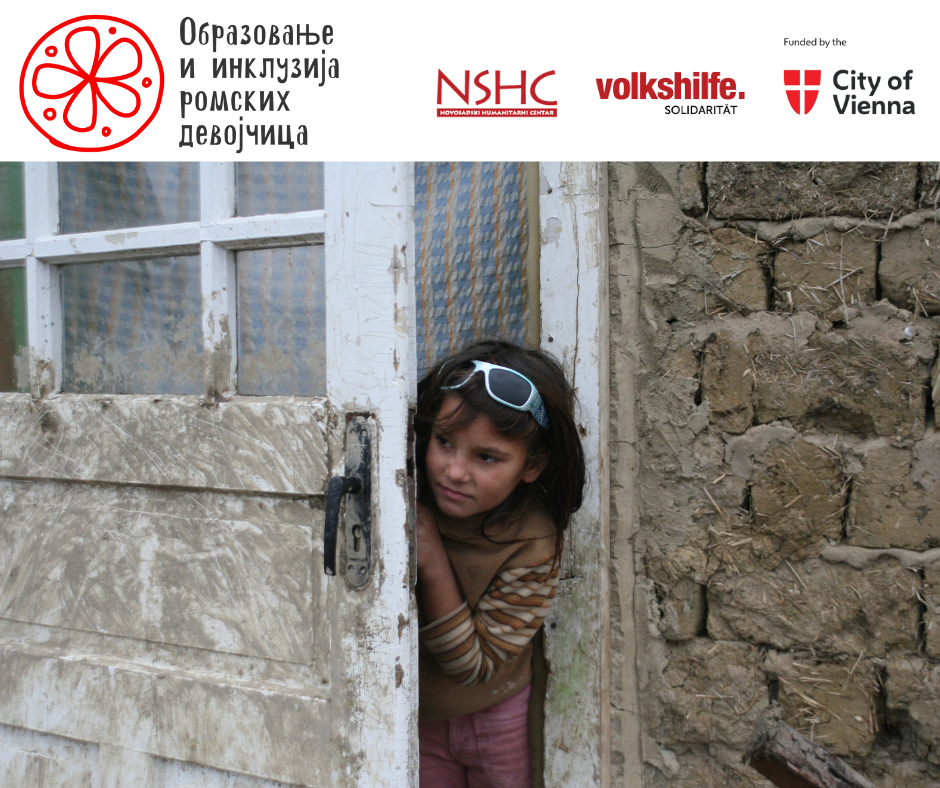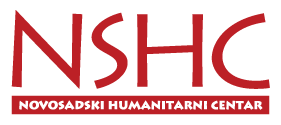
Roma pupils in Serbia are at high risk of dropping out of compulsory primary education, especially at the age of 11-12 when they transition from 4th to 5th grade of primary school. The lack of support both in the family and at the school level results in only 64% of Roma children completing primary education. In Novi Sad, dropping out of primary education among Roma students is significantly higher among girls (58%) than among boys. Of those Roma students who manage to complete primary education, only 52.6% continue their education at the secondary level, due to lack of support from family and school. In addition to the above, the education system in Serbia is burdened by poor material and technical conditions with insufficient personnel capacity for inclusive education and support for the most vulnerable children. There is also a lack of awareness about the inclusion of Roma students in the school system and a lack of cooperation between key actors at the community level.
With the support from the City of Vienna and Volkshilfe Solidaritaet, on 1.11.2024 NSHC launched a project to support Roma pupils in education with a special focus on girls who are at greater risk of not attending or dropping out of school. In the next two years we will provide learning support for at least 50 pupils of primary school age. In the implementation of this project NSHC cooperates with Elementary School “Dušan Radović” and Elementary School “Marija Trandafil”.
This project will provide tutoring support to Roma pupils so that they can overcome obstacles at critical points in their primary education, successfully complete grades, stay in school and continue their education after primary school. Special attention will be paid to Roma girls and their gender-based challenges to stay and finish primary school. The girls will be involved in support and resilience building workshops to increase their self-esteem and confidence.
Primary school teachers will be supported through capacity building in inclusive education with a special focus on Roma children and their ethnic and gender-based challenges. Local actors from the education, social protection and civil society sectors will increase their knowledge about gender equality and integration, inclusive education and intersectoral cooperation.
At the community level, the project will bring together relevant local actors around the topic of Roma students’ education and facilitate local resources for dropout prevention. Through networking and raising awareness, the project will promote sustainable solutions for improving the education of Roma children.
